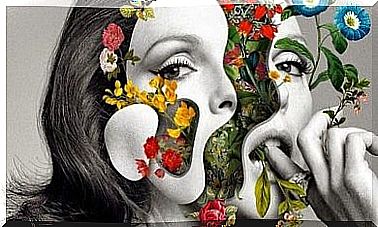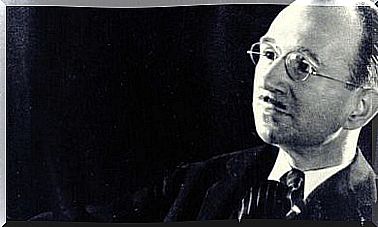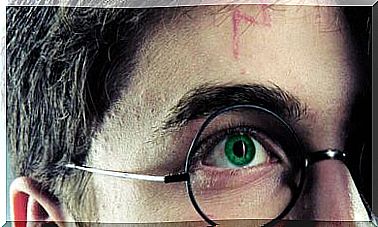The Law Of The Mirror, The “magic” Rule To Solve Our Problems With Others
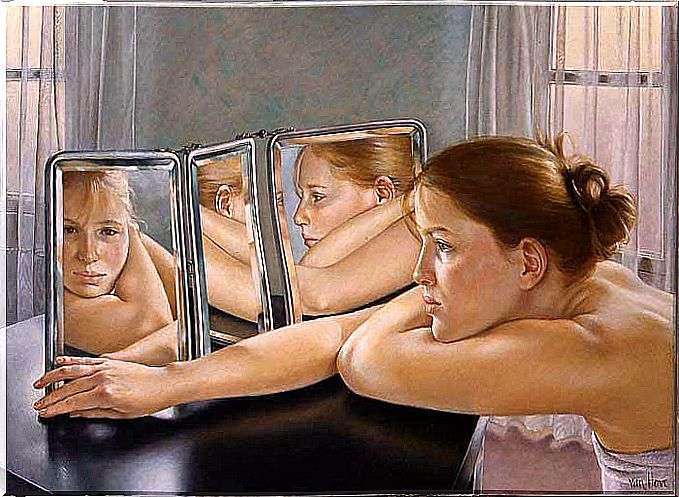
The Law of the Mirror tells us that the origin of our negative feelings towards a person is in our “heart” and not in the other person. In other words, what this law teaches us is that feelings have their origin within us and that is why we are responsible for handling beliefs, ideas and bad thoughts towards others.
Because the anger, usually, is with oneself and not with the other. That is, everything begins and everything ends in the self, since it is the projection that plays with our mind, as if our reality were a mirror that gave us back the image that we are generating.
Yoshinori Noguchi recreates in his book of the same name to this law, a beautiful story, moving to tears, which gives us the possibility of assuming and integrating this idea in everyday life.
This author places us in front of a mirror to confront our interior, which is, ultimately, the one that determines everything that happens to us in life. So, as Jung would say, “What you deny submits you and what you accept transforms you.”
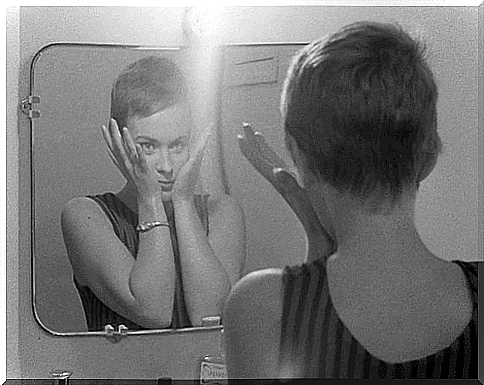
What bothers us about others is what we deny ourselves
We must examine what bothers us about others. Why do our brother’s comments bother us at family meals? Why are we not able to reason when we have our sister-in-law in front of us? Why can’t we put up with not being supported when we want to?
To analyze this. We probably realize that there are values that we are also belittling; that is, we probably realize that there are things that we also do wrong.
Somehow we must ask ourselves something like: why don’t we react to a situation in the same way with everyone? Why does a simple and dry “hello” irritate us from some people and cause us no reaction if it is pronounced by others? The answer is simple: we do not keep the same towards some people as towards others.

Therefore, the next step is for us to make a list of what we have to thank those people who always bother us (probably something has been done for us or someone we appreciate).
There are no time limits for the completion of this list; that is to say, When we finish, it is good that we make another list exposing those questions on which we would like to apologize.
It may cost us and, when finished, we believe that we have generated a forced list of small, unimportant details. However, this expensive gesture will help us to realize that on some occasion our gaze has been hostile, that other times we have spoken to him in a sharp tone or that we have criticized behind his back something that did not correspond to us.
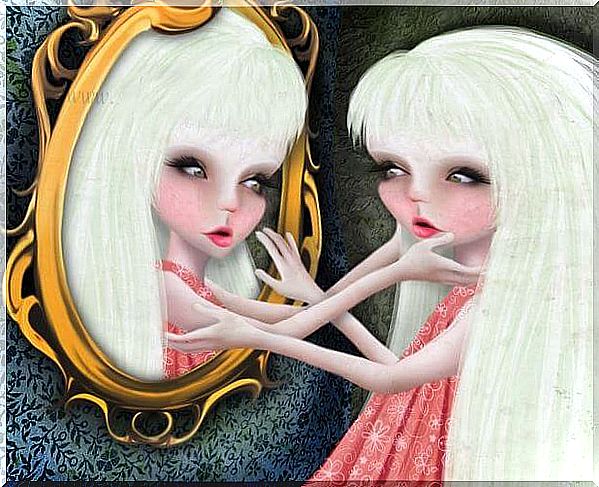
The last and bravest step is to get in touch with that person by phone, letter, or face-to-face. We will have to thank him for the reasons that we have pointed out in the first list and, then, we will go on to apologize for the things that are pointed out in the second list.
If we want to overcome this and give our all to heal the grudge, then the contact must be direct. However, if we do not consider it as an option, a less radical way is to write a letter that we will not send, in such a way that this allows us to release the emotional disagreement that we harbor in our backpack.

Be that as it may, knowing the mirror law helps us to be cautious and to try not to feed resentment and bad feelings from now on. We must not forget that we project what we carry inside, so everything we see in others will probably say more about ourselves than about others.

